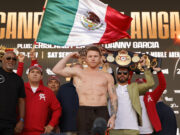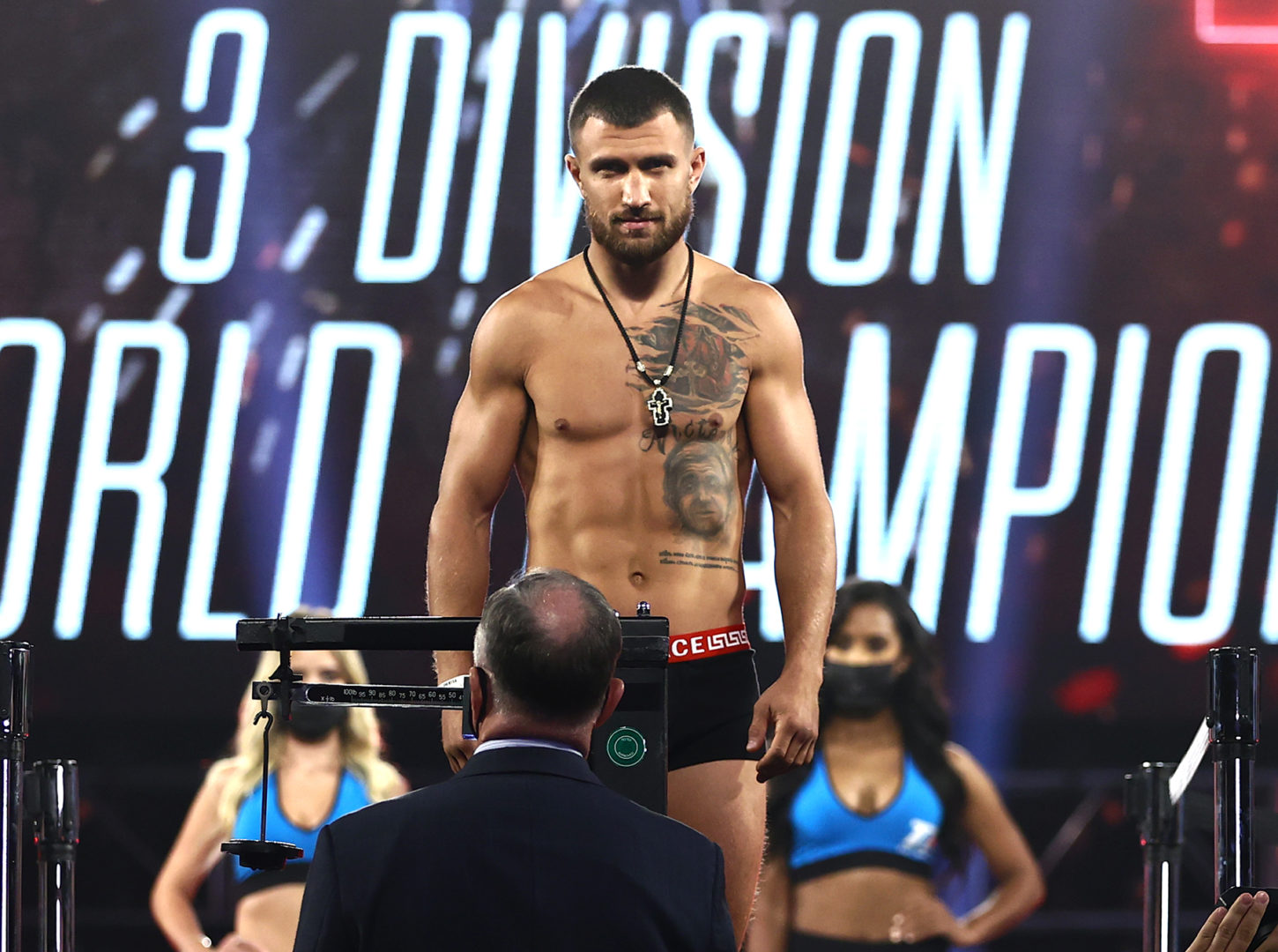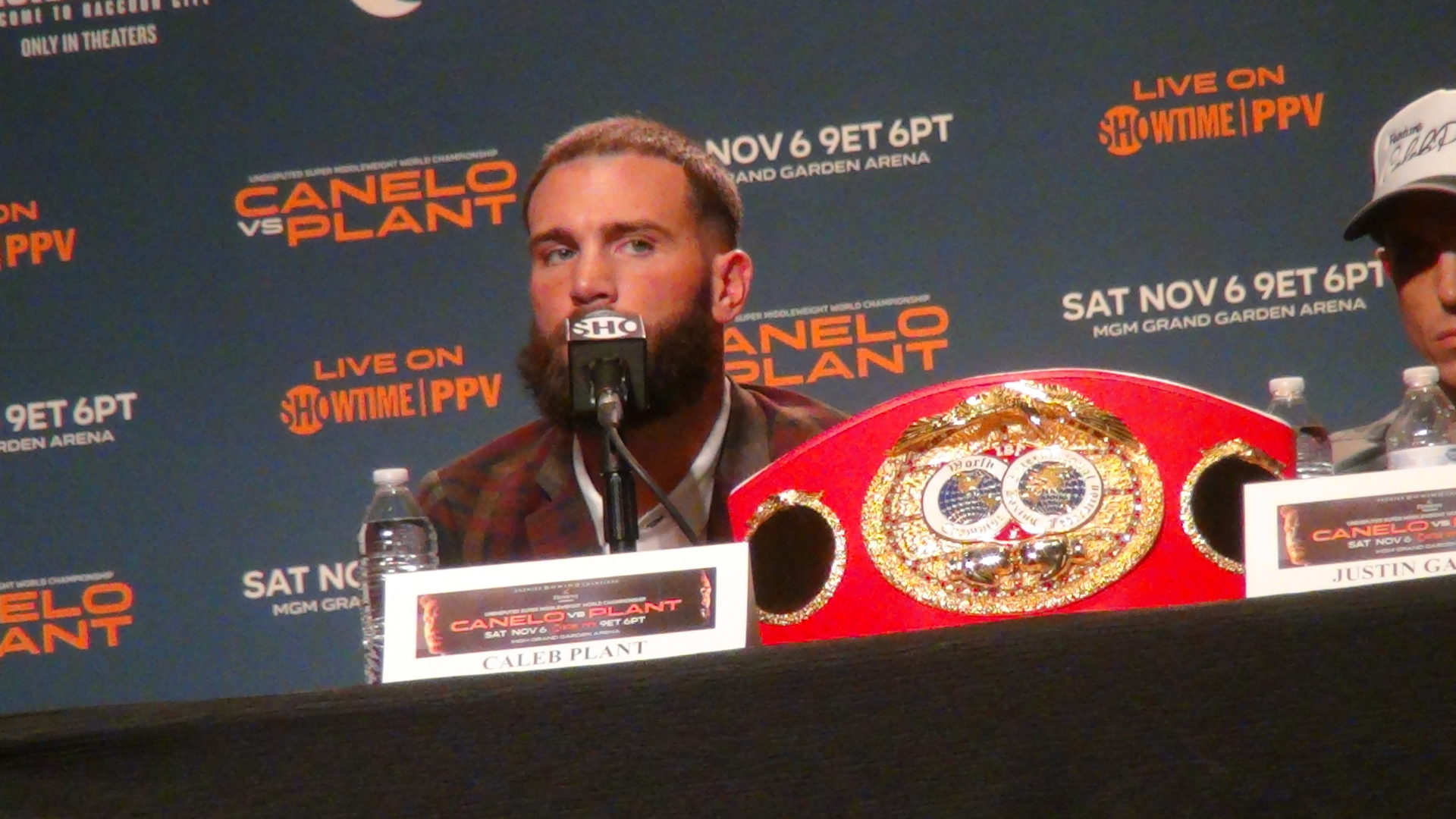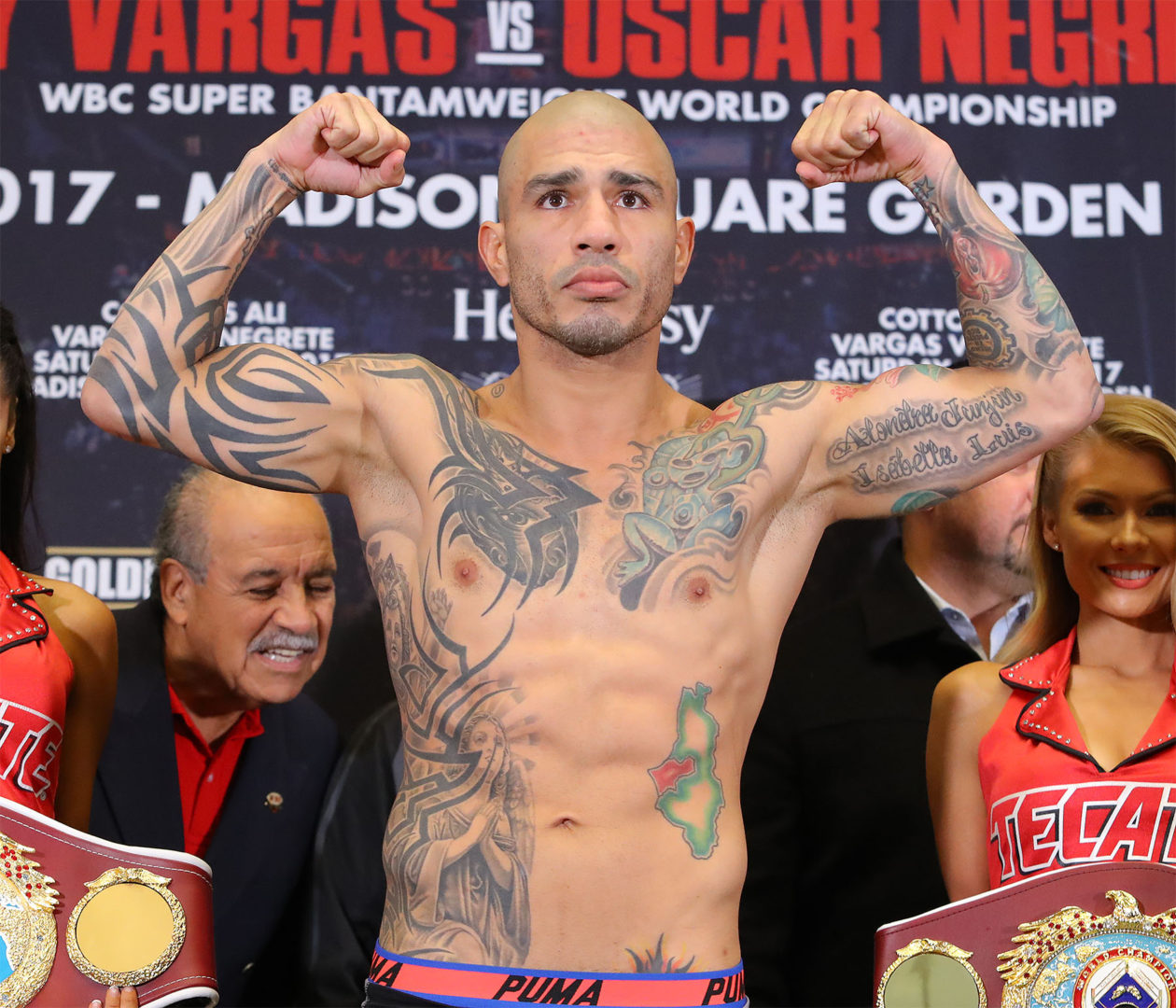By Bart Barry-
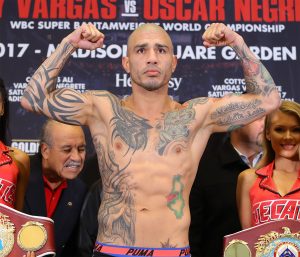
Saturday HBO said goodbye to Puerto Rican junior middleweight Miguel Cotto who lost a close but fair decision to New York’s Sadam Ali who made the very most of an event that had nothing to do with him. Cotto gave an honest effort and accepted his loss graciously after a large, adoring New York City crowd cheered him loudly while a small, adoring commentary crew cheered him vigorously. If it wasn’t an exact metaphor for Cotto’s career it was an acceptable one.
Cotto represents, in my mind, a blank canvas, a good fighting style and excellent publicity. He successfully juxtaposed, in the final marketing blitz of his career, the masculine trait of taciturnity and the hottest feminine color on the spectrum. By saying little as possible and still less of substance he offended no prospective pay-per-viewer, and after Felix Trinidad’s retirement and Juanma Lopez’s renowned dissipation, Cotto monopolized the minds of Puerto Rican aficionados and lucratively sold many tickets at the boxoffice of Madison Square Garden – that wildly celebrated concrete cylinder in Manhattan.
A thin, nearly diaphanous film of martyrdom covers Cotto in many an aficionado’s mind; the Antonio Margarito who beat him to a pulp probably did so with something extra on his knuckles, and the Manny Pacquiao who also beat him to a pulp probably did so with something extra in his blood. Everything else in Cotto’s career went almost tediously according to form, while the poor timing that left him ruined by Margarito and Pacquiao – both in their absolute physical primes when they pulped him – turned to favorable. He lost to Floyd Mayweather, who overpaid him in a scramble to get a prison sentence delayed (or suspended altogether), and he beat Sergio Martinez, who may either have been fighting him on one broken leg or fighting him on two broken legs. Cotto cashed himself out against Saul Alvarez, losing by exactly the scores any disinterested aficionado would’ve predicted, then 20 months later decided there was more cash out there and bamboozled HBO into a twofight farewell tour.
Really the only surprising results on Cotto’s resume are his losses to Austin Trout and Sadam Ali, and maybe his decisioning Shane Mosley a decade ago. The Mosley decision was very thin indeed but fair. Too, to be fair, the brutality of what Cotto did to little Paulie Malignaggi on that tiny pillowy canvas 11 1/2 years ago remains deeply memorable.
Cotto was moved patiently and perfectly by promoter Top Rank until he was fed to Margarito in a match Top Rank surely expected to be remarkable but probably expected Cotto to win. Cotto’s dramatic, and almost sudden, transformation in that match from arrogant master to quailing prey lends credence to the Margarito-handwraps conspiracy in the minds of any who were ringside; it’s difficult to believe an athlete in his 33rd prizefight might so underestimate an opponent’s legal ammunition as we’re asked to believe Cotto underestimated Margarito’s. Margarito did nothing novel, and yet Cotto, in his 13th world title fight, a veteran of 148 amateur bouts, ran completely out of ideas midway through a fight he had dominated? It’s not impossible, or particularly probable.
When I think of Cotto my mind plays a man acquitting himself honorably while being beaten up. I was ringside at the aforementioned Margarito assault, which was an incredible experience at the time, and I was ringside when Pacquiao diminished further a diminished Cotto. That marked the end of my imagining Cotto an historic talent.
Between those beatings, luck more than intention put me ringside at Cotto’s honest match with Joshua Clottey, which happened in New York the night after colleague, mentor and friend Norm Frauenheim accepted his muchdeserved Fleischer award. When I think of Cotto, too, I think of the beauty of Central Park, sharing a cab in Las Vegas with former colleague Mike Swann, spending time with friend and mentor Tom Hauser – that is, many of the best associations I have with Miguel Cotto fights I attended have nothing to do with Miguel Cotto. Hence the blank canvas.
Were I Puerto Rican or even Latino, I might complement my happy memories of Cotto fights with a bit of my own identity, perhaps, making those fights and their fighter still more essential.
Oh, and I have another amusing memory of Cotto (that also has little to do with him): At a promotional breakfast the morning of Pacquiao-Bradley 2 two roomsful of us gathered to hear Cotto say very little about his upcoming match with Sergio Martinez, and for arriving late and wearing an inappropriate purple Kangol I got consigned to the backroom, where I met the wonderful British writer Gareth Davies, who arrived even later and was also too colorful, then Davies and his entitled mien corralled Cotto to our table, where Davies opened the interview by propping Cotto’s magenta Crocs on his lap and taking pictures of them.
Cotto’s eyes and face by then betrayed a vulnerability Cotto was honest enough not to cover with effects of any kind; a look in Cotto’s eyes for a glance got you a swirl of indifference and violence, but if you lingered there for another beat or two you saw a man who genuinely wanted to be left alone: Of course I’m not afraid of you, but why would you make me say it?
HBO’s farewell to Cotto on Saturday was typically overwrought, a chance for the reliably prissy to turn dramatic and grave, but felt sincere insomuch as HBO does not wish to bankroll Cotto’s career any longer – not for a predictable rematch with Canelo, not for a bloodletting with Gennady Golovkin, and certainly not for a comeback at age 40.
Bart Barry can be reached via Twitter @bartbarry


